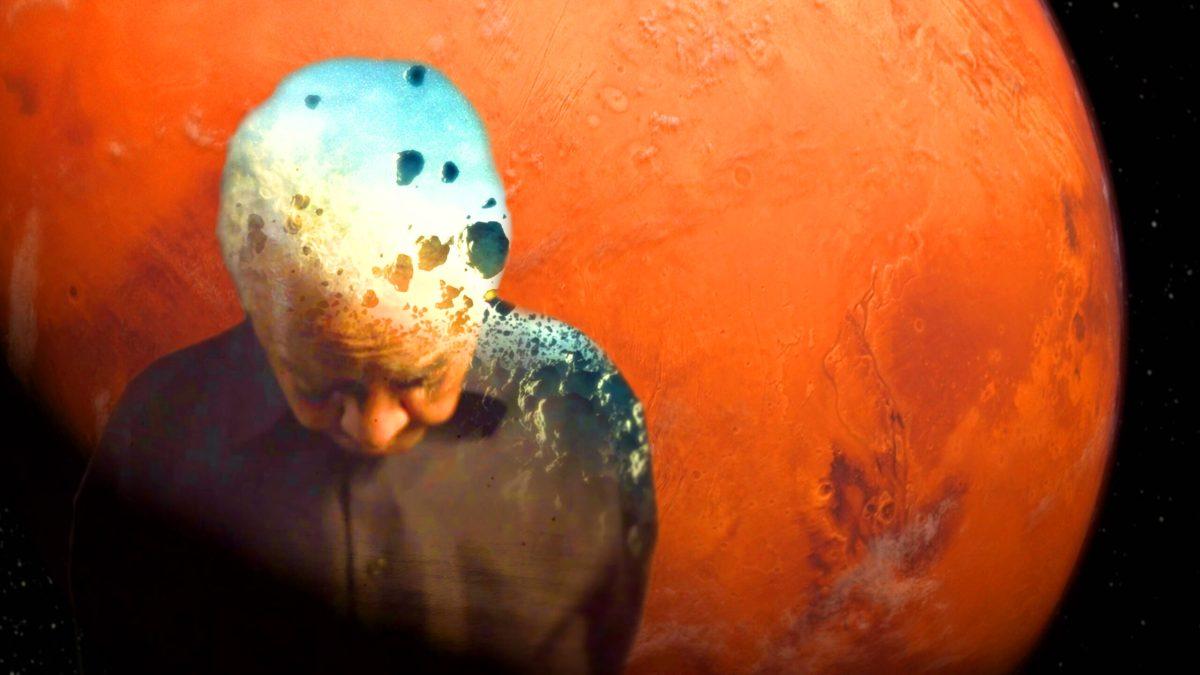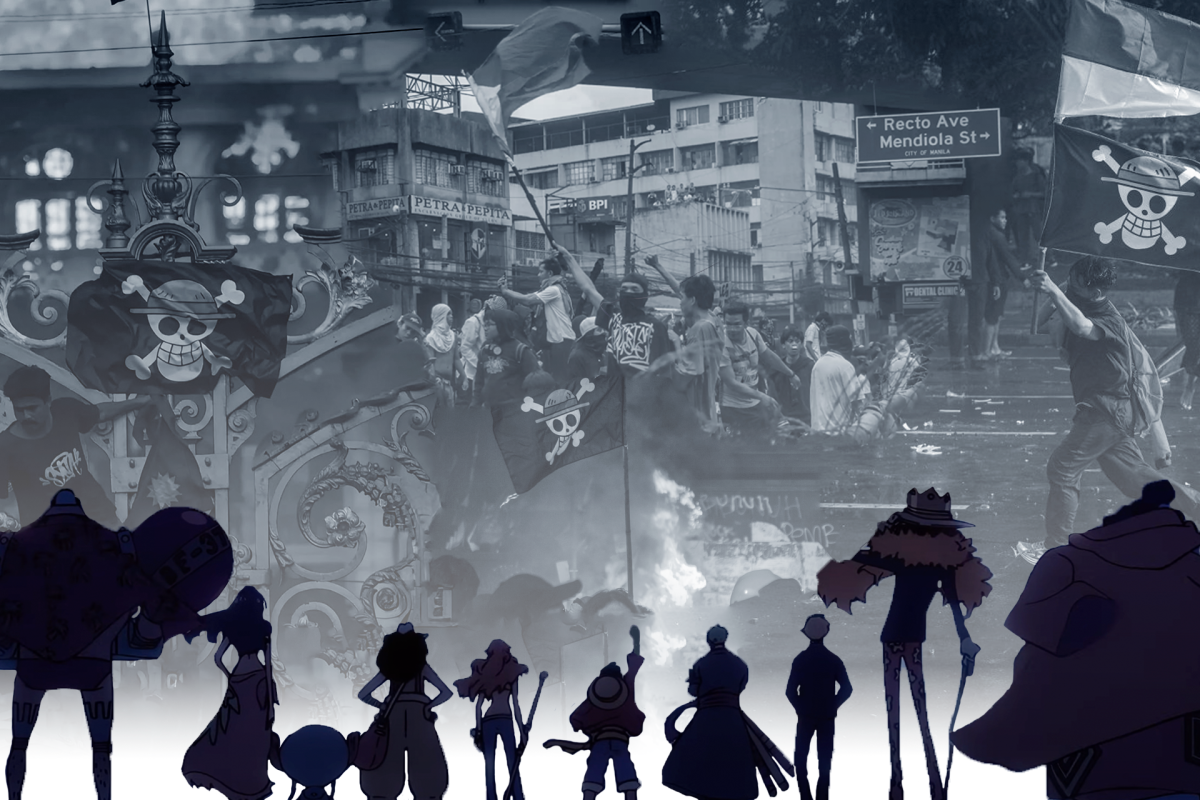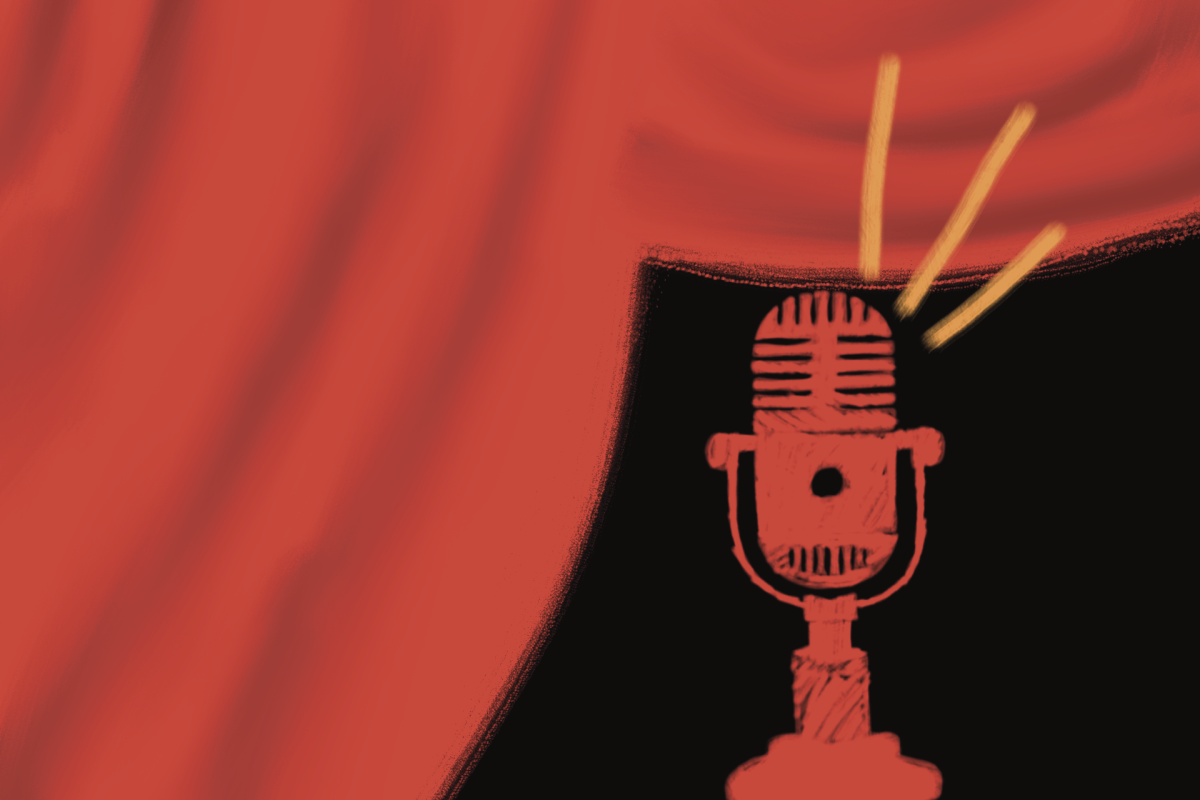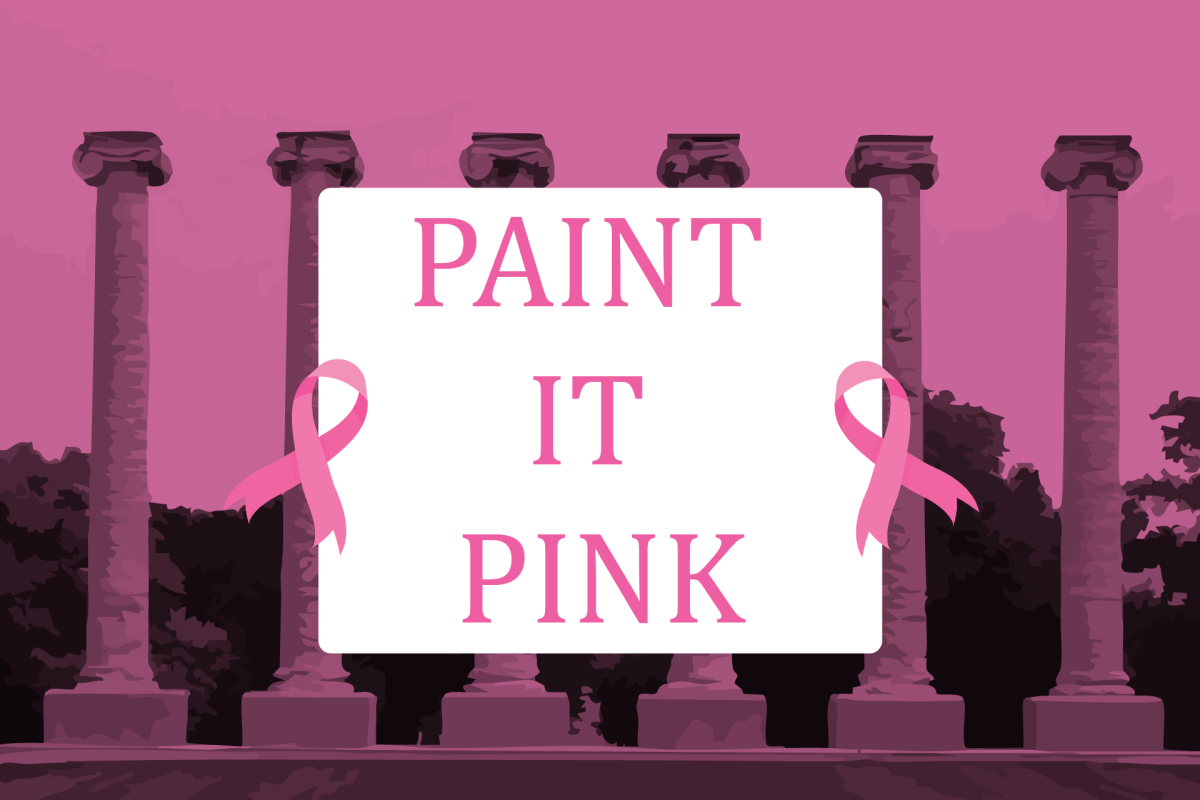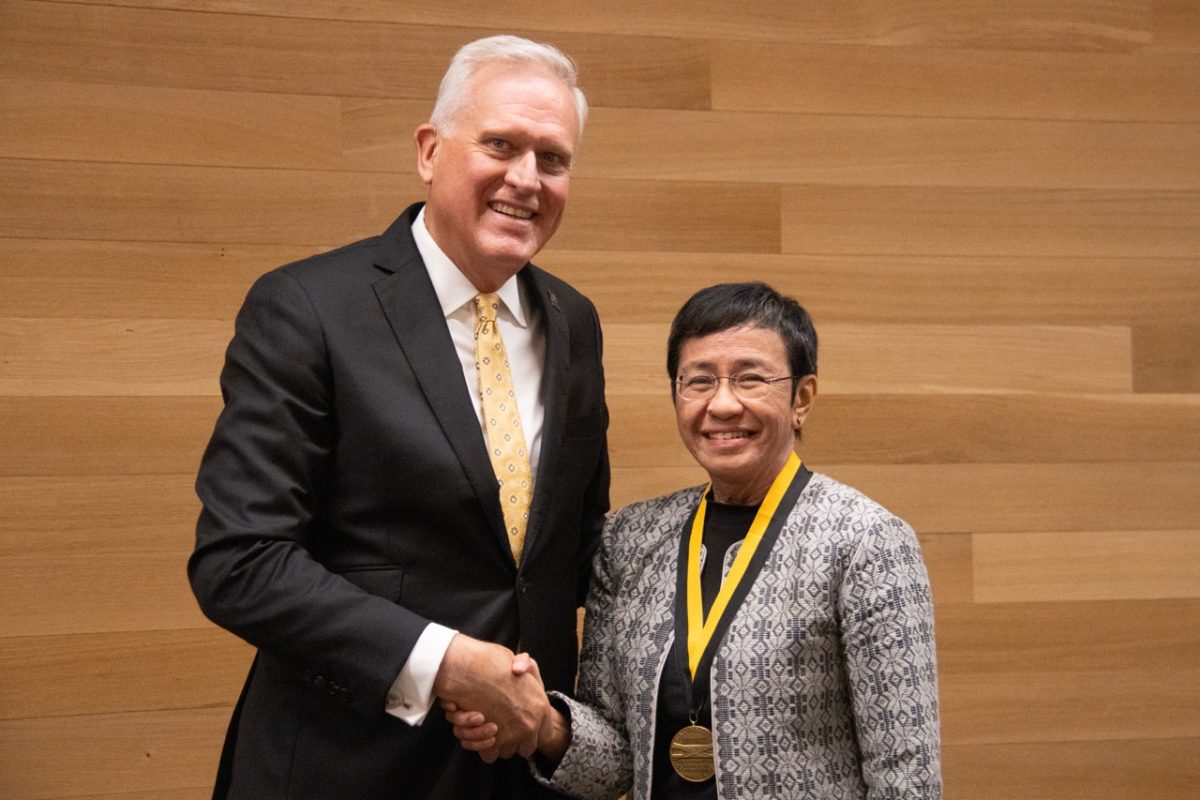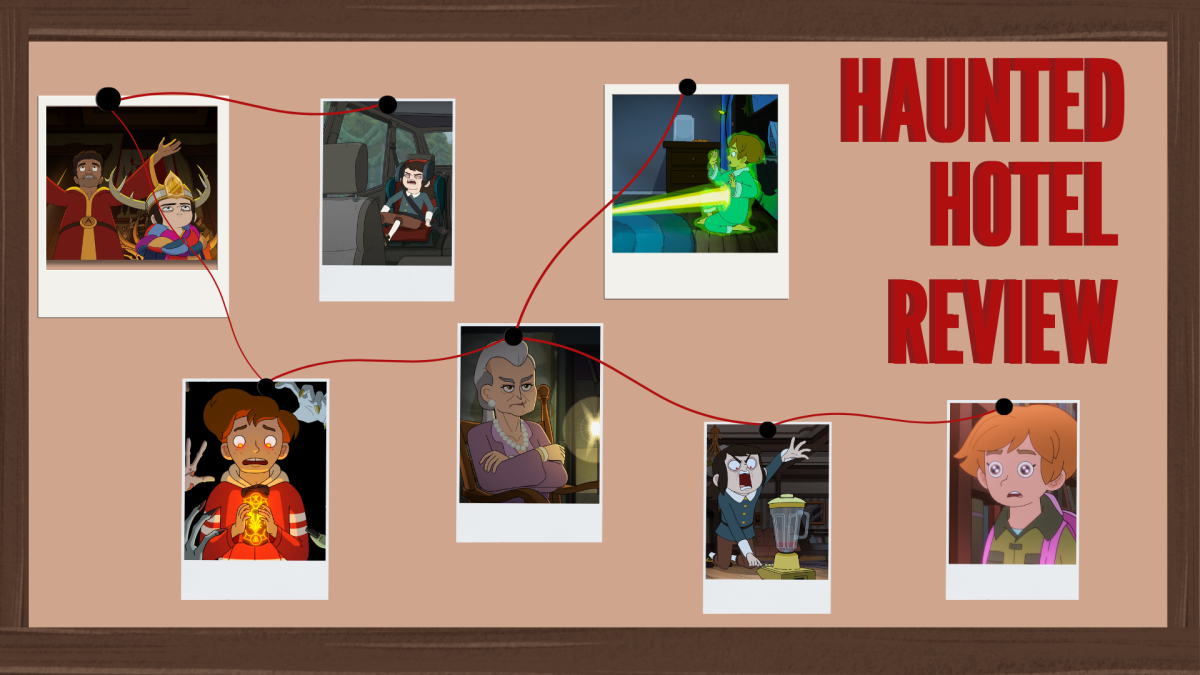On the first two nights of the True/False Film Fest, this documentary details the life of Nikki Giovanni through her poetry and advocacy.
In their film “Going to Mars: The Nikki Giovanni Project,” co-directors Michèle Stephenson and Joe Brewster illustrate the vivid life and legacy of renowned Black poet Nikki Giovanni through themes of family, racism, sexism, death and — hence the title — outer space. The film showed on both Thursday and Friday night of True/False Film Fest.
Nikki Giovanni — born in Knoxville, Tennessee, in 1948 — is best known for being a key figure in the Black Arts Movement of the ‘60s and ‘70s. She published multiple books of poetry spanning throughout the decades, with the modern portions of the film taking place during the release of her 2017 book “A Good Cry.”
In traditional documentary and biopic formats, it can be difficult to encapsulate the multidimensionality of a figure like Giovanni. She is painted as a complex person: sometimes serious, sometimes completely witty, but always passionate about her work. The scope of her impact cannot be confined into a mere 102 minutes.
However, “Going to Mars” moves past a traditional biopic structure and instead immerses viewers in a greater, overarching story. The film honors Giovanni’s long life of influence through her poetry and advocacy while detailing the history of the Black American experience.
Giovanni is a self-proclaimed space fanatic, which is evident in the opening quote of the film: “The trip to Mars can only be understood through Black Americans.” Giovanni equates the Black experience to space travel, feelings of alienation and hopes for a better future. Interchanging footage of rocket launches and Civil Rights Movement documentation further establishes this relationship.
The viewing experience turns into time travel. The film utilizes archival interviews of Giovanni’s interview with James Baldwin in 1971 , as well as footage from the Civil Right Movement, the Black Power Movement and the Black Lives Matter Movement.
This is coupled with modern interview footage of Giovanni, now in her 70s. She relives the pivotal moments in her life and career as she begins to grapple with the future.
One particular aspect that stuck with me after watching was the importance of the grandparent relationship in Giovanni’s life. Early in the film, Giovanni speaks on her strong relationship with her grandmother as well as the pivotal role that she played in the start of Giovanni’s advocacy as a young girl during the Civil Rights Movement.
Now, Giovani is a grandmother herself. After reconnecting with her son and meeting her granddaughter, a new and heartwarming grandmother-granddaughter relationship blossoms right before viewer’s eyes. In one of the final scenes of the film, Giovanni is seen showing her granddaughter the same interviews that were playing throughout the film.
In a nutshell, you just can’t put “Going to Mars” into a nutshell. The filmmakers take on a lot and they do so with grace, curiosity and great care. Whether you are a longtime Nikki Giovanni fan, poetry lover or have no clue how you ended up watching the film, it proves to be a picture with something that most anyone could relate to.
Edited by Savvy Sleevar | [email protected]
Copy edited by Grace Knight


